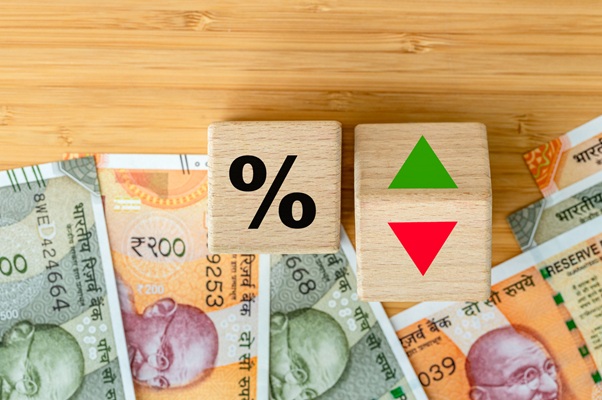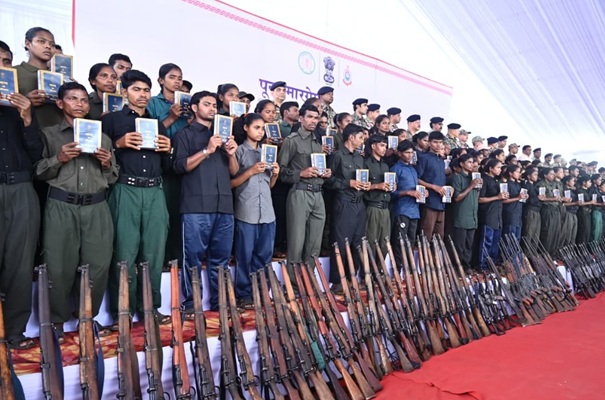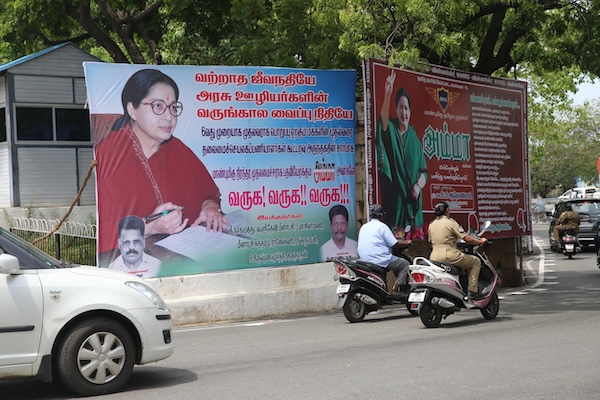.png)
PoJK On The Boil: Why India Must Replace Populism With Strategy
Islamabad underestimates how chronic misgovernance corrodes legitimacy. By treating civic protests as security nuisances, and by maintaining an ethnic superiority complex, the Army is creating conditions for prolonged instability.


Lt Gen Syed Ata Hasnain is a former Commander of India’s Kashmir Corps and Chancellor of the Central University of Kashmir.
October 6, 2025 at 11:13 AM IST
I remain a perpetual believer in the Indian Parliament's Joint Resolution of both Houses of 22 February 1994, that the entire territories of Jammu & Kashmir, including Pakistan occupied Jammu & Kashmir and Gilgit Baltistan belong to India, and India will aspire and endeavour to consolidate them all back to our fold.
PoJK has rarely attracted the world’s gaze beyond its use in diplomatic rhetoric and media references. Yet the last two years have seen something new; sustained mass unrest, sit-ins, and shutdowns in this territory and Gilgit-Baltistan, together called PoJK for ease of description. Ordinary grievances — electricity tariffs, wheat shortages, reserved assembly seats, and perks for elites — have erupted into collective protest actions that periodically paralyse trade routes, including parts of the Karakoram Highway, the China–Pakistan Economic Corridor’s critical artery.
For Islamabad, the response has been formulaic. A cycle of token concessions followed by more protests, punctuated by heavy-handed policing, communications blackouts, and arrests. This strategy buys time but not legitimacy. Each blackout, each crackdown, deepens anti-state sentiment. People may still demand wheat and representation, not secession, but the longer grievances are ignored, the more civic anger hardens into political defiance.
India must interpret this carefully. It is sometimes tempting to over-read the crisis; a section of our public opinion could assume that PoJK is on the brink of falling into our lap. That could be naïve thinking. A realistic approach is the necessity. Populism may win applause but it squanders credibility and risks inflaming Pakistan’s reflexive insecurities.
Is PoJK’s turbulence part of a broader youth revolt across the Himalayan rimland? Peripherally, perhaps — but not in any coordinated sense. Ladakh’s ferment is rooted in demands for Sixth Schedule protections, sustainable livelihoods, and identity-based concerns — these are simply governance challenges, not a mirror image of PoJK’s bread-and-butter revolts.
Yet, there is a thread which interested elements will use to link these. Youth in marginal mountain regions are asserting their agency. A visible, transformational outreach to Ladakh will both consolidate our domestic credibility and internationally undercut Pakistan’s attempt to conflate the two situations.
For Pakistan, PoJK remains an Achilles’ heel it refuses to acknowledge. The military-intelligence establishment prioritises strategic projects and border security over local governance. GB matters primarily as the corridor for CPEC, not as a society with aspirations. PoJK is managed through patronage and reserved seats, not empowerment.
The blind spot is clear. Islamabad underestimates how chronic misgovernance corrodes legitimacy. By treating civic protests as security nuisances, and by maintaining an ethnic superiority complex, the Army is creating conditions for prolonged instability.
India’s Response
First, we must resist hollow triumphalism. A narrative that “PoJK is about to return” is counter-productive. It plays well domestically but we need to play this far better internationally. Yes, transactional references can always be resorted to and could be useful in sustaining momentum, just as we are already doing.
Second, we should de-emphasise token gestures. Scholarships and aid for PoK students sound attractive but the numbers tell their own story; being abnormally small. Symbolism is fine, but it is not a strategy.
Third, and most crucially, we should internationalise PoJK intelligently. For too long, India has been paralysed by the Shimla Agreement syndrome — the belief that raising Kashmir globally is impermissible. Pakistan has long breached this straitjacket with impunity, most recently when Defence Minister Khawaja Asif declared the Shimla Agreement a “dead document” in June 2025. There is no reason for India to muzzle itself when governance failures and rights abuses in PoK/GB create legitimate grounds for global scrutiny.
This is not about abandoning principle. India’s position is anchored in the 22 February 1994 Joint Parliamentary Resolution, mentioned earlier. That is our legal and moral foundation. Internationalising the issue does not weaken this claim — it strengthens it, by exposing Pakistan’s failures on territory it illegally holds.
Cultivating Discontent
- Amplifying civic protests in PoJK through international fora and media.
- Building humanitarian and legal narratives that align PoJK’s people with India’s moral position. This is taking a leaf out of China’s three warfares doctrine; using legal warfare.
- Quietly cultivating the roots of separatist thought — not through slogans, but by showing PoJK’s youth that Pakistan has betrayed them, while India speaks for their rights.
This does not mean projecting annexationist triumphalism. It means creating a steady drip of de-legitimisation that erodes Pakistan’s credibility while planting seeds of alignment with India’s position.
We need to adopt strategic communication and create a core storyline; something that we have always wished to do but organizationally have somehow not been able to conceptualize. There are four core targets – the International Community, the PoJK people, Pakistan’s public and the population of J&K.
To the international community we need to frame the unrest as governance failure with regional implications. We may add, illegal occupation too.
To the PoJK’s people, we need to communicate solidarity and legitimacy. India is not waiting for PoK to “fall into its lap” — it is committed to their rights and dignity. To Pakistan’s public the need is to highlight how Islamabad’s obsession with India blinds it to its internal crises and prevents it treating the people with greater respect.
To Indians and Kashmiris, in particular in India, we need to reassure that our position is consistent — stability, development, and rights across the LoC, while upholding the 1994 Resolution. The people of PoJK will eventually be the people of J&K. But we want this to happen with our full control.
The Real Choice
The unrest in PoK is not a gift-wrapped opportunity. It is a fragile, volatile space where bread-and-butter grievances intersect with great-power projects. But that fragility is precisely why it matters.
If India acts wisely, it can break free of the Shimla Agreement-era inhibition, exploit Pakistan’s blind spots, and steadily weaken both Pakistan’s and China’s hold on PoJK. If we act rashly, we risk looking opportunistic, eroding credibility, and potentially hardening anti-India sentiment.
The choice before India is stark. Either we treat PoJK as a fleeting propaganda point, or we seize the long game — cultivating discontent, internationalising Pakistan’s failures, and advancing the inevitability of India’s claim as per Parliament’s unanimous resolution.
The smart play is not to wait for PoJK to fall into our lap — but to steadily make Pakistan lose its grip, through the blunders that it's always wont to create.



